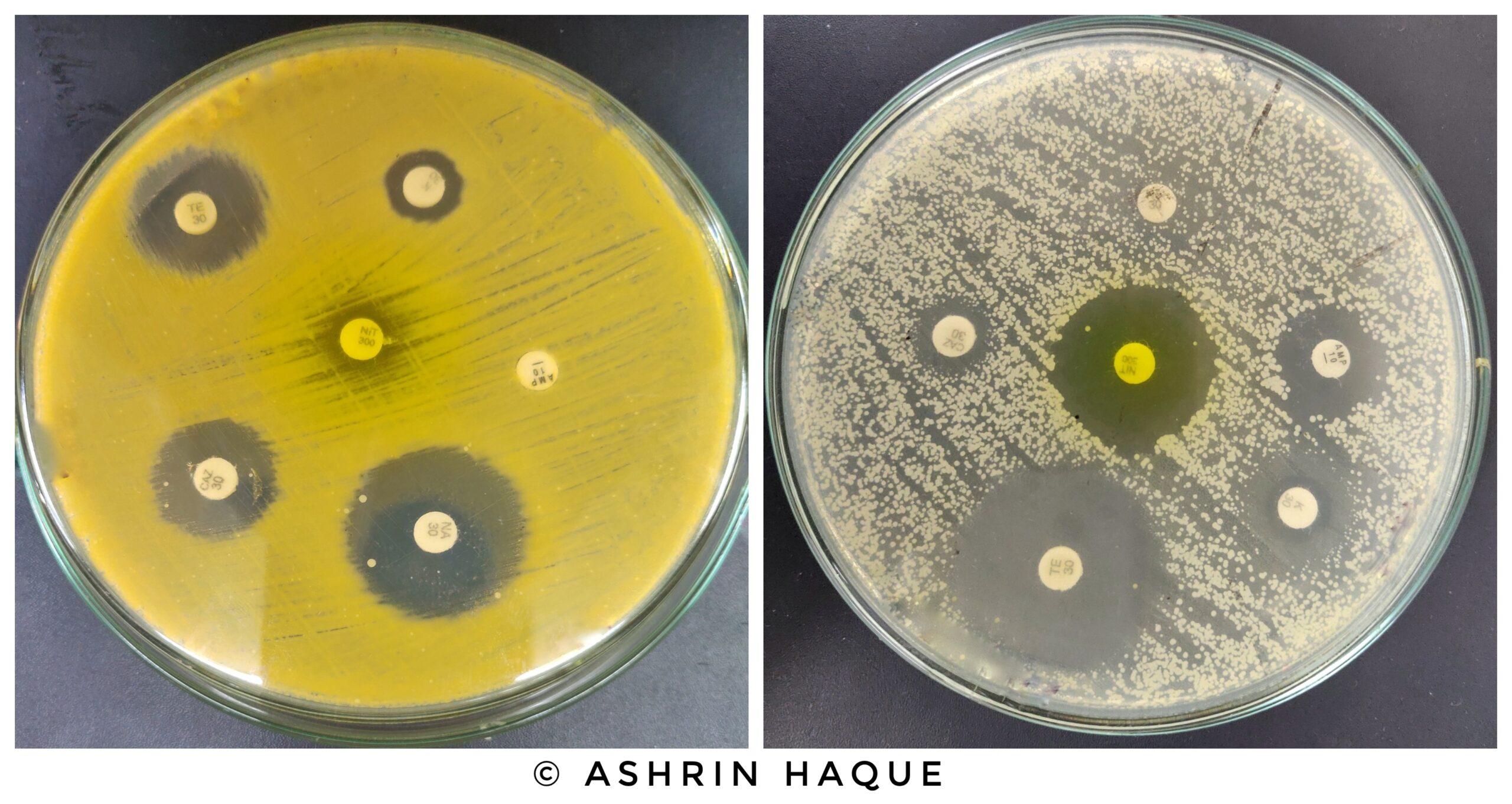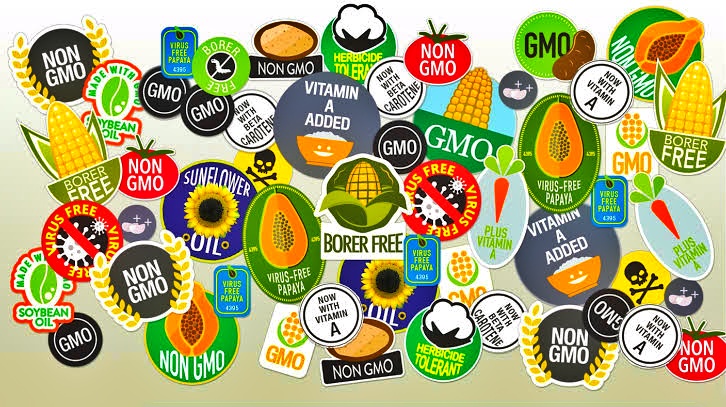Abstract:
The purpose of this article is to raise awareness among the general mass against the misconception of vaccines. Even though the mechanism of a vaccine is straightforward, many people are not aware of it. This leads to the speculation of irrational theories around vaccination and over time, these speculations give rise to some intriguing misbeliefs which are spreading throughout our society. In our article, we have attempted to uncover the falseness of some of those myths.
Introduction:
The ongoing COVID-19 pandemic has introduced us to the concept of vaccination in a new way. The vaccination itself is an old concept that emerged prominently with time. Currently, with the help of scientific advancement, vaccine research and development are driven by innovative techniques. In simple words, a substance that is prepared to stimulate the body’s immune responses or antibodies against a certain disease when injected into the body is known as a vaccine. [1] According to the CDC, vaccines can be either injected directly into the bloodstream or can be given through the mouth or sprayed directly into the nose.
The main goal of vaccination is to boost the immune system of the human body and protect it against infectious diseases as well as enabling herd immunity. To elaborate, vaccination not only protects the vaccinated person, but also those in the community who are unable to get vaccinated. However, a large number of people lack the necessary knowledge about vaccination, and unfortunately some people are against vaccines with some anti-vaccine theories. As a consequence, many questions have been raised about the safety of vaccines, making the general public concerned. Considering all those queries, should people be worried about getting vaccinated? Therefore, a brief overview of vaccines, as well as some of the most prevalent vaccination fears and myths are explored in this article.
Historical Background:
If we go back in time, the creation of vaccines has a prolonged history. Primarily, Edward Jenner was the very first person who invented the vaccine in 1796. [2] He created a vaccine for smallpox (in 1798) using the virus from cowpox (Vaccinia virus) which was a relatively harmless disease. [2] After Edward Jenner, Louis Pasteur made a vaccine against anthrax in 1881, and later, in 1885, he created a vaccine for rabies. [2] In 1955, the first polio vaccine was created and after that, the extensive use of the polio vaccine helped to wipe out the disease from the majority of the world’s countries. [3] Since the creation of vaccines, many diseases like polio, smallpox, measles, tetanus have been almost eradicated. [3]

Fig.1: Eradication of polio due to the widespread polio vaccination. (From 1988 to 2020). (Source: CDC Global Health – Polio – Our Progress, n.d.)
Afterward, many vaccines for different diseases have been developed. For example, some of the recently introduced vaccines are developed against influenza, malaria, hepatitis B, and the most recent one is the Covid-19 vaccine. Also, scientists are working on making a vaccine for one of the most deadly viruses known as HIV. [15] In the meantime, the available vaccines are helping mankind to live a healthy and productive life without the fear of catching every disease that his immune system cannot fight off. It is like an extra shield of protection against infectious diseases.
Basic Mechanism of Vaccine:
According to the World Health Organization (WHO), vaccines carry weakened or inactive parts of virus, bacteria, or a particular organism known as antigens, or sometimes, the blueprint for making the antigens itself, that induces an immune response in the body. [5] As the antigen enters the body, it imitates an infection. Vaccines do not cause the actual disease but symptoms like body ache or mild fever can appear after getting vaccinated. Once the antigen enters the body, the immune system of the body starts producing antibodies and T-lymphocytes against it. [6] T-lymphocytes or T-cells are immune cells that emerge from stem cells in the bone marrow and contribute to defending the body against infection. [7]
These T-cells as well as B-cells work as memory cells and after getting vaccinated, these cells will help the body to fight off the actual disease. [6]

Fig.2: Visual representation of vaccines inducing the body’s immune system and protecting people against a certain disease. (Source: How Vaccines Work, n.d.)
Misconceptions and Controversies:
Even though vaccines are helping people fight off many serious and deadly diseases, and have the ability to save lives by eradicating diseases completely, common misconceptions and controversies regarding vaccines and vaccination exist anyway.
Some people believe that vaccines are ineffective and unnecessary. According to them, ‘most of the examples of vaccines eradicating or minimizing the effects of a disease are fake. Those diseases went away due to maintaining better hygiene and sanitation, not because of vaccines.’ [9] Another myth is that vaccines cause diseases and non-vaccinated people are safer than vaccinated people. [9] Not to mention, “Vaccines cause autism” is another old but popular misconception among the anti-vaccine community. [11]
Again, new misconceptions have also been raised regarding the COVID vaccines. Some people think that as the vaccines for coronavirus were developed “Too quickly”, it is unsafe or incompetent. According to them, proper research cannot be done in this short period and so, the vaccine might cause harm to their body. [10] Moreover, they also think that vaccines are made of harmful ingredients and can cause health damage rather than helping the body. [12]
Debunking the Misbeliefs:
In this wake of technological advancement, false information and conspiracy theories about vaccination are floating around the internet as well as among users. This misguided information could be resolved with the help of proper scientific evidence. For instance, if we look at the key ingredients of a vaccine, we will be able to see that most of the items used in a vaccine can be found in the food we eat. [12,13] Ingredients like aluminum salts are used as adjuvants in vaccines, which can also be found in drinking water or medicines like antacids. [13] Again, sugars and gelatin are used as stabilizers in vaccine making process which are commonly found in our daily foods. [13] None of these items causes harm to the human body meaning that getting vaccinated will also not cause any health damage.
Again, The COVID-19 vaccine was researched, developed, and authorized at an unprecedented speed because of the extraordinary scientific teamwork of the whole world. [10] Just because it was developed in a short time, doesn’t mean that the vaccine is ineffective. We can see the effectiveness of COVID vaccines in real-time. The more people are getting vaccinated, the faster the infection rate is decreasing day by day. According to COVID Data Tracker by CDC, an unvaccinated adult has a 3.2 times more risk of getting infected by coronavirus and has 41 times more risk of dying because of COVID compared to a fully vaccinated adult with booster doses. [14] This is a clear indication of the effectiveness of COVID vaccines.
Now, let’s address the controversy of ‘mostly vaccinated people get infected’. This statement works as a paradox. We know that every human body is different and so, the same vaccine can work differently for everyone. Also, no vaccine is 100% effective. So 1 or 2 in 100 vaccinated people might not respond to the vaccine. Also, the number of vaccinated people is significantly more than those who have not in most high-income countries. [9]
To better understand the situation, let’s imagine there are 105 people in a room. Everyone has been vaccinated with polio except 5 people. Again, let’s consider the effectiveness of the vaccine is 90%. Now, these 105 people have been exposed to poliovirus. The 5 not-vaccinated people will surely get infected with polio. But among the 100 vaccinated people, 10 people will not respond to the vaccine and thus will get infected. So, a total of 15 people in that room got infected among which 10 were vaccinated. This indicates that 10 out of 15 or about 66.67% of the infected people were vaccinated. And most people tend to take the 66% vaccinated ratio as an example but ignore the 90 people that were saved because of the vaccine. This is why some people think that mostly vaccinated people get infected but the reality is quite different.
Conclusion
After seeing the effectiveness of vaccines with evidence, an obvious question that springs to mind is, “why are some people still resistant to the overwhelming scientific evidence that proves vaccines are safe?”. The anti-vaccine community makes this one big claim by saying “My Body, My Choice”. As a response, this can be said that being concerned about our bodies and individual rights is justified. But, at the same time, being responsible for others’ health in society is also our duty. Because, it’s not just about us, it’s also about all the people around us. So, instead of jumping into groundless judgments, people should gain proper knowledge about vaccination for preventive measures.
Reference:
- Immunization Basics | CDC. (n.d.). Centers for Disease Control and Prevention. Retrieved February 18, 2022, from https://www.cdc.gov/vaccines/vac-gen/imz-basics.htm
- Brunson, E. K. (2021, November 23). Vaccine | Definition, Types, History, & Facts. Encyclopedia Britannica. Retrieved February 18, 2022, from https://www.britannica.com/science/vaccine
- Polio Vaccination | CDC. (n.d.). Centers for Disease Control and Prevention. Retrieved February 18, 2022, from https://www.cdc.gov/vaccines/vpd/polio/index.html#:%7E:text=The%20first%20polio%20vaccine%20was,disease%20into%20the%20United%20States.
- CDC Global Health – Polio – Our Progress. (n.d.). Centers for Disease Control and Prevention. Retrieved February 18, 2022, from https://www.cdc.gov/polio/progress/index.htm
- How do vaccines work? (2020, December 9). World Health Organization. Retrieved February 18, 2022, from https://www.who.int/news-room/feature-stories/detail/how-do-vaccines-work
- Understanding How Vaccines Work | CDC. (n.d.). Centers for Disease Control and Prevention. Retrieved February 18, 2022, from https://www.cdc.gov/vaccines/hcp/conversations/understanding-vacc-work.html
- NCI Dictionary of Cancer Terms. (n.d.). National Cancer Institute. Retrieved February 18, 2022, from https://www.cancer.gov/publications/dictionaries/cancer-terms/def/t-lymphocyte
- How vaccines work. (n.d.). British Society for Immunology. Retrieved February 18, 2022, from https://www.immunology.org/celebrate-vaccines/public-engagement/guide-childhood-vaccinations/how-vaccines-work
- Vaccines and immunization: Myths and misconceptions. (2020, October 19). World Health Organization. Retrieved February 18, 2022, from https://www.who.int/news-room/questions-and-answers/item/vaccines-and-immunization-myths-and-misconceptions
- The 12 Common Myths & Misconceptions About COVID-19 Vaccination. (2021, May 19). UNICEF. Retrieved February 18, 2022, from https://www.unicef.org/armenia/en/stories/12-common-myths-misconceptions-about-covid-19-vaccination
- Davidson, M. (2017). Vaccination as a cause of autism—myths and controversies. Autism Spectrum Disorders, 19(4), 403–407. https://doi.org/10.31887/dcns.2017.19.4/mdavidson
- COVID-19 Vaccine Facts. (n.d.). Centers for Disease Control and Prevention. Retrieved February 18, 2022, from https://www.cdc.gov/coronavirus/2019-ncov/vaccines/facts.html
- What’s in Vaccines? Ingredients and Vaccine Safety | CDC. (2019, August 5). Centers for Disease Control and Prevention. Retrieved February 18, 2022, from https://www.cdc.gov/vaccines/vac-gen/additives.htm
- CDC. (n.d.). COVID Data Tracker. Centers for Disease Control and Prevention. Retrieved February 19, 2022, from https://covid.cdc.gov/covid-data-tracker/#rates-by-vaccine-status
- HIV Vaccines. (2021, February 1). HIV.Gov. Retrieved February 27, 2022, from https://www.hiv.gov/hiv-basics/hiv-prevention/potential-future-options/hiv-vaccines
“Since the article has been written to reflect the actual views and capabilities of the author(s), they are not revised for content and only lightly edited to be confirmed with the Learn life sciences style guidelines.”












Its like you read my mind! You seem to know so much about this, like you wrote the book in it or something. I think that you could do with a few pics to drive the message home a little bit, but instead of that, this is magnificent blog. A fantastic read. I will certainly be back.
Currently it seems like WordPress is the top blogging platform available right now. (from what I’ve read) Is that what you’re using on your blog?
yes we are
I just could not depart your website before suggesting that I really loved the standard info an individual supply in your guests? Is gonna be back incessantly to check out new posts.
I must thank you for the efforts you have put in writing this blog. Im hoping to check out the same high-grade blog posts from you in the future as well. In fact, your creative writing abilities has encouraged me to get my own, personal site now 😉
The point of view of your article has taught me a lot, and I already know how to improve the paper on gate.oi, thank you. https://www.gate.io/tr/signup/XwNAU